HOME > Basketball
The Clippers are crazy too?
1:03am, 11 July 2025【Basketball】
Trading content
Clippers get John Collins
Heat get Powell
Jazz get Love, Li Kai, and the second round of 2027 (sent from the Clippers), Love will buy out
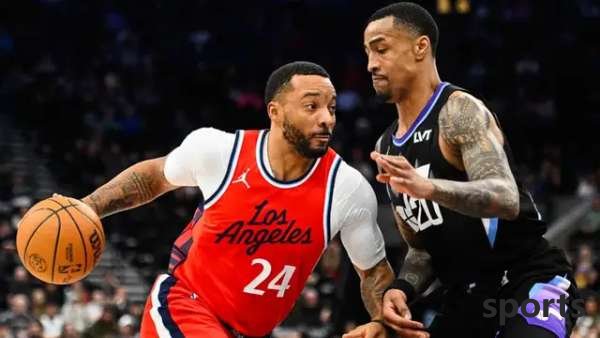
This is a very appreciated deal. The Clippers got a 27-year-old forward with the correct position and sent away a 32-year-old veteran who was about to expire, achieving the optimization of lineup matching and age structure. The more fascinating part is that the Clippers sent away the players were Powell who made huge progress last season and delivered nearly the All-Star level. Powell was once the team's number one scorer (before his injury in March), one of the members of the "Iron Triangle" and part of the team's basic base. The Clippers sent him away like this, without tangling with Powell's many memorable pictures and data lists last season. They were really "buyed in the crowds."
This is not easy, really.
It is often difficult to make decisions on scorers. The score is so charming, the scorer is more like a star than any other type of player, and a large number of stars can always bring people strong and intuitive psychological expectations. Fans won’t refuse this experience, nor will the boss. Management may understand that hoarding scorers does not mean that they are absolutely stronger, but obviously not every management knows this. No statistics tell us that after the exchange of scorers and functional puzzles in history, which side has improved its strength even more. However, as mentioned in the previous issue, excessive resources at No. 2 are not a good thing, and it is even more bad to be able to use No. 2 scorers to exchange for the urgently needed front-field puzzle.
Speaking of this, you will find the problem - however, the Clippers cannot talk about "over-resources of No. 2", they are not the Sun or the King. Harden is 1, and Dunn is not considered a shooter even if he is vague in position. Bogdan and Powell have overlapping functions and their strengths are different. Even though Bogdan once again completed the "ground ceiling" season reversal, he was just a player averaging 6.4 points per game in the playoffs. The Clippers are not a team with overflowing scoring resources. Before Brother Kazi came back, the Clippers could only achieve complete offensive logic and failed to pass the offensive efficiency. After Brother Kazi returned, the team gathered three scorers who averaged more than 20 points per game, and the Clippers' offense was considered sublimated.
So, many people realized the first time after Powell and Collins traded, that the Clippers had a high probability of having negotiated Bill. Because Bill is here, the Clippers are logically perfect in making this deal - Paul is not enough, Paul is a qualified candidate for the No. 1 substitute, but the old cannon cannot score - otherwise, you can imagine the scene of Harden, 36, who is the only player in the team to score 20 points, led the cake-eating men to fight for one month in a row. If Bills don't come, then the Clippers need to show a way to fill the scoring gap, is it another market operation, or is it an unexpected internal potential tapping? Anyway, you have to get someone like this.
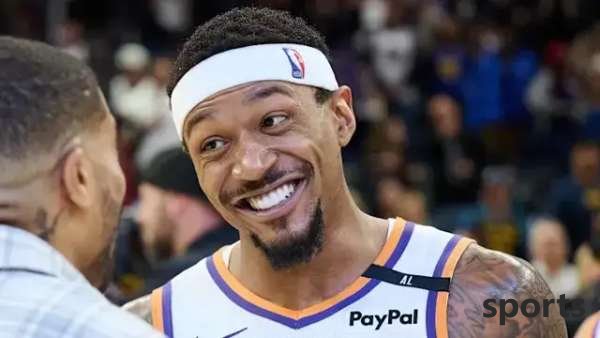
Let's assume Bill will come, and the Clippers did solve two big problems.
The first big problem: Of course, the Clippers need a real No. 4 position
The Clippers need a No. 4 position, especially the power forward who can swing the 4/5 position, which has almost become a New Year's topic for fans. In the playoffs against the Nuggets, a very intuitive weakness of the Clippers is also there. Once Zubac is transferred from the basket, their paint defense is indeed very crisp. The Nuggets are still one of the opponents that the Clippers should focus on in the West, with defending champion Thunder and Western Conference Finals team Timberwolves, who can also set up double towers. These realities further intensified the Clippers' demand for the No. 4 position.
It is of course difficult to get the starting position 4, especially the number 4 that can swing to the 5th position. Whether there are matched players to trade is on the one hand, and whether there are resources to exchange is on the other hand. The Clippers' sacrifice of Powell is indeed the only way to comprehensively combine chips, contracts and functions. The final market pricing is that Powell has to take another second round, which also shows that this kind of front-court market pricing is not cheap.
Collins is a controversial player. How can players with position and function swings balance their ability and expertise? So how can you enjoy his diversity without paying extra for the part of his appearance as a star?
This is actually a big topic and cannot be discussed here.
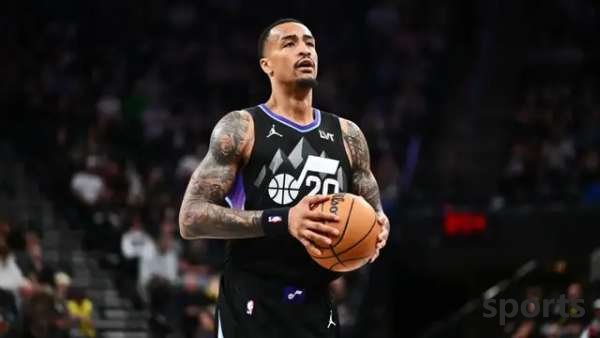
However, Collins was indeed expensive to sign at the beginning. This person is tall and athletic, has enough explosive power and a little skill. He can shoot outside and play misplaced with the ball inside, looking like an all-round king. The problem is that if a striker who generally controls the ball consciousness and has the need to digest the ball, and cannot solve most of the rounds as a fixed-point shooter, he needs to participate in a lot of tactics as the end point to release his offensive energy, which requires him to play the de facto No. 5 position on the offensive end. Conversely, having the swan neck that fairies envy is not a good thing for basketball players. Collins is obviously not the No. 5 position on the defensive end. He does not have outstanding defensive awareness and the downset to make up for the shortcomings of effective height. The mismatch of
skill packs is a problem that Collins has always been.
The situation has obviously changed now.
On the one hand, infinite QE can make contracts that seem a bit big in the past few years reasonable. In this year when contracts of tens of millions are running all over the ground, Collins' 26 million is just that.
On the other hand, Collins probably got the environment he needed? The Clippers have the defenders who are the goalkeepers who go down and play low. More importantly, the Clippers have these two conditions:
Lopez, the shooter center, can give up the identity of the coverer;
Car, Baye, Jones, Dunn, defensive players on multiple front lines and flanks will allow Collins to get more defensive support when appearing in the fifth position of the five small lineup. The
Clippers' configuration is really suitable for Collins.
The second big problem: The Clippers avoid potential Powell renewal problems.
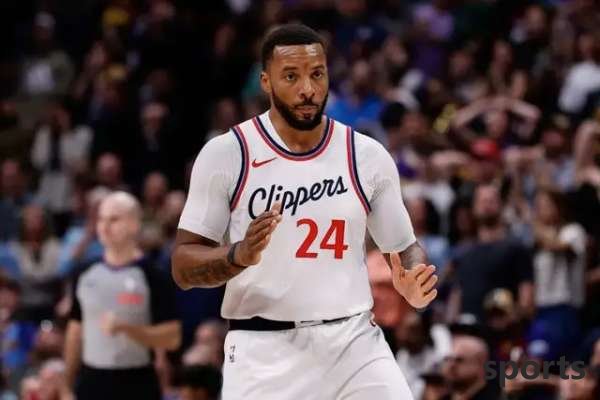
I am not saying that Powell will definitely be sorry for his next contract. But a 32-year-old shooting guard who has not made it to the All-Stars, will you choose to believe that this performance can be maintained forever after he completes the outbreak season and then provide him with a long-term contract extension, or ship it at a high price?
I would think that the latter option is safer.
This is especially true for the Clippers - the Clippers only have 1 to 2 years of Harden, and their future plans are taken step by step. And if you are Powell, after you are not young but suddenly reach the peak, you may want to take the opportunity to get a long-term contract guarantee.
The question is just, is the price of selling Powell by the Clippers cheap? Is the difference between him and Collins the Clippers subsidized for the second round of picks? Perhaps, the impact of age is greater than expected. It is also possible that the managers in the market are very rational, and they still think that Powell is not above the top sixth man.
For the Clippers, the 25-26 season is the year with the most chance in the few time windows left. There is no problem in making a transaction that weakens the lower limit and tries to the upper limit.
Finally, let me briefly talk about the significance of this deal to the other two teams.
The Pistons lost Biss and used Dunro to replace him, while the Heat lost Dunro to buy Powell, which was also a small upgrade. And after buying Powell, the Heat should no longer be a potential contender for Bills - of course, this doesn't matter.
I still don't know what the Heat's plan is, although their lineup does have the ability to make do with it. The Clippers threw the problem of Powell's contract renewal to them. Wiggins also had player options in the summer of 26, hoping that the Heat would have a thoughtful long-term plan.
But the Heat still had to get high scores in this deal because they paid too little and only sent away two veterans, Li Kaile and Love. The price is that they are helping the Jazz clean up the space to some extent, which leads to their own luxury taxes. After renewing Xiaomi's contract and buying Powell, Rocher became even more embarrassed. Some of his guarantee contracts look precarious, both from the perspective of position and tax avoidance.
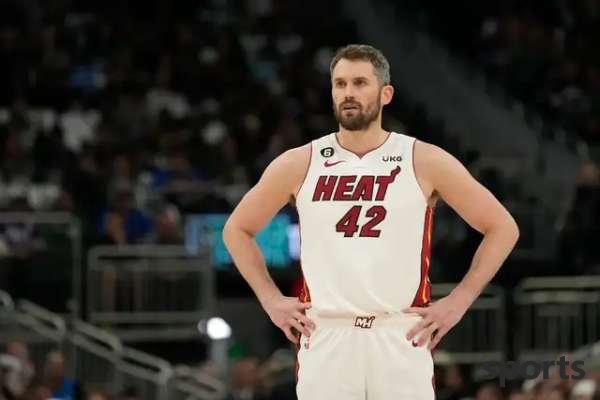
In terms of renovating puzzles and replacing resources, Jazz not only cannot compare to the Thunder at that time, but also has a gap with the Wizards. Clarkson and Sexton handled it too badly. However, with Collins' contract amount and expiration contract, I did not expect the Jazz to exchange him for a valuable first round. After Li Kaier renovates, he should have the opportunity to continue buying the second round. At the same time, the Jazz reduced their total salary through this contract and had the opportunity to help people eat garbage contracts to fight for more valuable draft picks. After counting inside and outside, I think the reward the Jazz gets through this contract should be greater than one first round.
Trading rating:
Clippers, buy Bill to A+, but cannot buy Bill to B+
Jazz, A-
Heat, A-
Related Posts
- In the opening game of the new season, the Clippers fell behind by 24 points in the first quarter. The Jazz shot 16 of 20 in a single quarter. Harden and Paul were in a slump.
- Can Horford No. 42 jersey be retired from the Celtics? US media strongly support: His spirit and leadership are priceless
- Kumingga s farce is getting worse, and the boss Rakob angers Butler, Curry still keeps silent
- The Trail Blazers are 11th, the Spurs are 8th! US media predicts the Western Conference rankings in the new season: Clippers are 5th, Rockets are 3rd, and what are the Lakers?
- Porzingis: If the Celtics don t win the championship, we can exceed expectations in the Hawks
- Causing controversy! Yang Yi: If I were Guo Shiqiang, I would take Yang Hansen. If I don’t fight for the Asian Cup, something will happen.
- Durant Curryton was not Harden s opponent, both of them were almost defeated by the Rockets.
- The Lakers new player debuted: 3D champion + organizational brain, James Luca won the golden puzzle!
- After the Knicks were eliminated, four guesses, one person is the core, Thibodeau was dismissed, the guy touched the ceiling
- The league s first sword aims at the finals! Alexander is in a hot state, Edwards ushers in a life-and-death battle
Hot Posts
- In the opening game of the new season, the Clippers fell behind by 24 points in the first quarter. The Jazz shot 16 of 20 in a single quarter. Harden and Paul were in a slump.
- Can Horford No. 42 jersey be retired from the Celtics? US media strongly support: His spirit and leadership are priceless
- Kumingga s farce is getting worse, and the boss Rakob angers Butler, Curry still keeps silent
- The Trail Blazers are 11th, the Spurs are 8th! US media predicts the Western Conference rankings in the new season: Clippers are 5th, Rockets are 3rd, and what are the Lakers?
Recommend
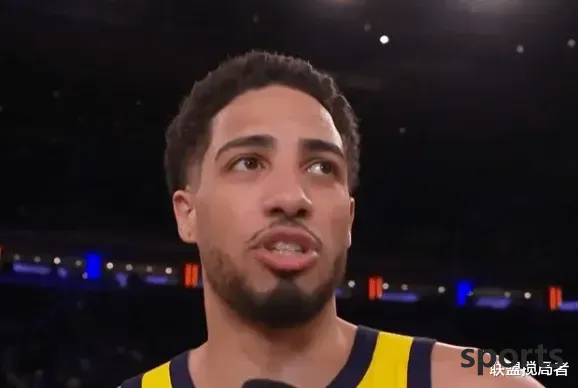
Halliburton: G5 away game will be tough, we must be ready

$12 million in 2 years! Choose to join the Lakers, will he become the new Finney Smith in the new season?
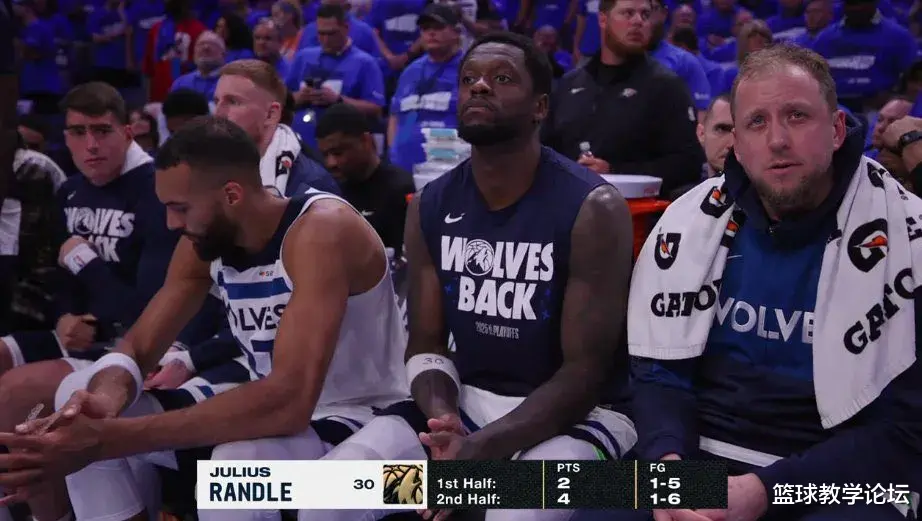
0 of 12 three-pointers! Reed missed the West Final! Randall suffered a DNP
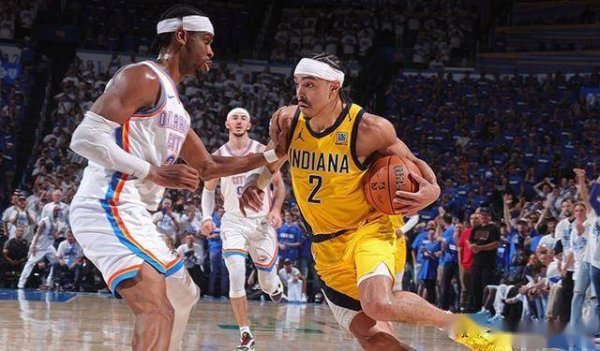
"SGA Terminator"? Is Nembhard s finals breakout accident or inevitable?
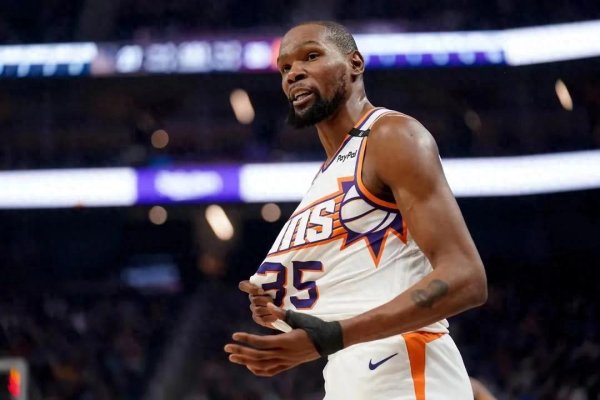
Durant was sold everywhere and has not found a home for 6 years. It is really hard to choose the last stop!

Figured out the situation! The new Lakers backcourt players finally performed quite well on the defensive end?

Papanicoulau: Antetokounmpo is the best player in the world He is an excellent leader

The latest trading trends of the Lakers are exposed! Mr. Pei is eyeing two centers: Mavericks Nets give another gift?